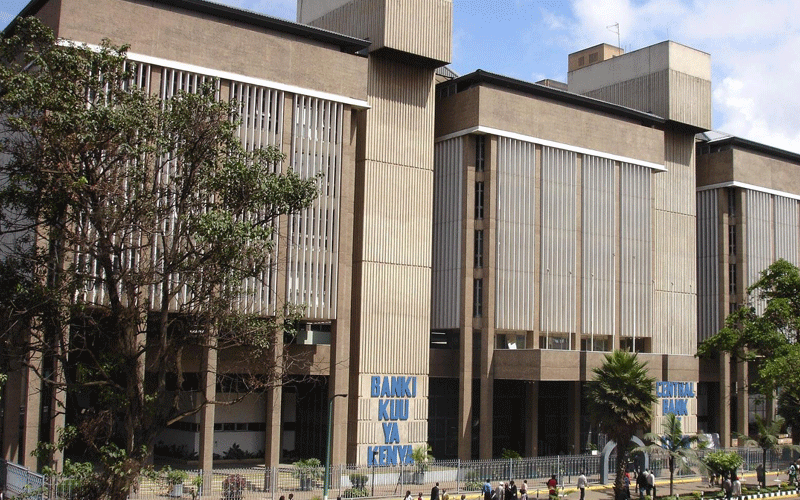Experts play down dip in T-bills subscription rates

Lewis Njoka @LewisNjoka
The continued undersubscription of Treasury bills is no cause for alarm given that it is bound to improve as the liquidity situation in the country improves, analysts have said.
Since the beginning of December 2020 to date, all Treasury bills (T-bills) issued have been undersubscribed meaning Treasury received bids lower than the amounts it sought to raise.
The head of research at Genghis Capital, Churchill Ogutu says financial institutions such as banks use T-bills as cash management tools deploying them depending on their liquidity positions.
“What drives the uptake of T-bills mostly is the prevalent liquidity in the market.
If there is excess liquidity, particularly in the banking sector, they invest in T-bills,” he said.
Ogutu added that in the month of December, liquidity in the banking sector began to reduce since traditionally this is the period when banks conduct deposits mobilisation, meaning they mop up their deposits before crossing over to the New Year.
“That played a part in the limited uptake of T-bills in December. But at least we’ve seen it starting to pick up in the auctions that have been held this year.
There has been a gradual uptake in T-bills,” he told Business Hub yesterday.
“Right now liquidity has come back. Even looking at the two-year paper that was on auction last week, it was heavily subscribed.
Most of the banks, because of their asset-liability matching, they want to invest on short term papers just to match their liabilities,” he added.
Ogutu said he expected the Sh50 billion infrastructure bond slated for Wednesday next week to be oversubscribed as is the norm due to its tax-free appeal and the current good liquidity in the market.
In the most recent auction conducted on January 7 this year, Treasury received bids totalling Sh15.8 billion against the advertised Sh24 billion, translating to a performance of 65.7 per cent.
“Even in today’s (Monday’s) session Central Bank of Kenya (CBK) came to mop up excess of Sh30 billion amongst banks, they received bids worth Sh40 billion. That’s quite telling,” he said.
Coming months
He said this is coming against the backdrop of last week’s two year paper shows that there’s excess liquidity in the banks that could spur the uptake of T-bills and T-bonds that will be offer in the coming months.
The two-year bond, FXD1/2021/002, which had a 9.5 per cent coupon, recorded a high subscription rate of 244.6 per cent.
Investment analyst, Aly Khan Satchu attributed the under subscription to people looking to buying government bonds with longer maturities.
“What we’ve seen is a big oversubscription of the two year bond. And basically, I think it’s just a question of where the capital is being allocated on the interest rate cap.
The interest is more further out than in the one year and less area,” he said.
“I believe it’s a cocktail of issues which led to the undersubscription. Rising Interbank rates probably made it more attractive for banks to have huge liquidity and place the same on the interbank market.
Also it appears that banks were extending duration and looking for longer term Paper at the expense of T-Bills,” he added.
According to CBK records, the auctions held on December 30, December 24, December 17, December 10 and December 3 and November 27 last year were all undersubscribed, posting a performance of 21.6, 52.8, 90.4, 60.9, 45.5, and 64.3 per cent respectively.
The last time the T-bills were oversubscribed was during the November 19, 2020 auction where bids totalling Sh25 billion were received against advertised Sh25 billion, a 104.2 per cent performance.













